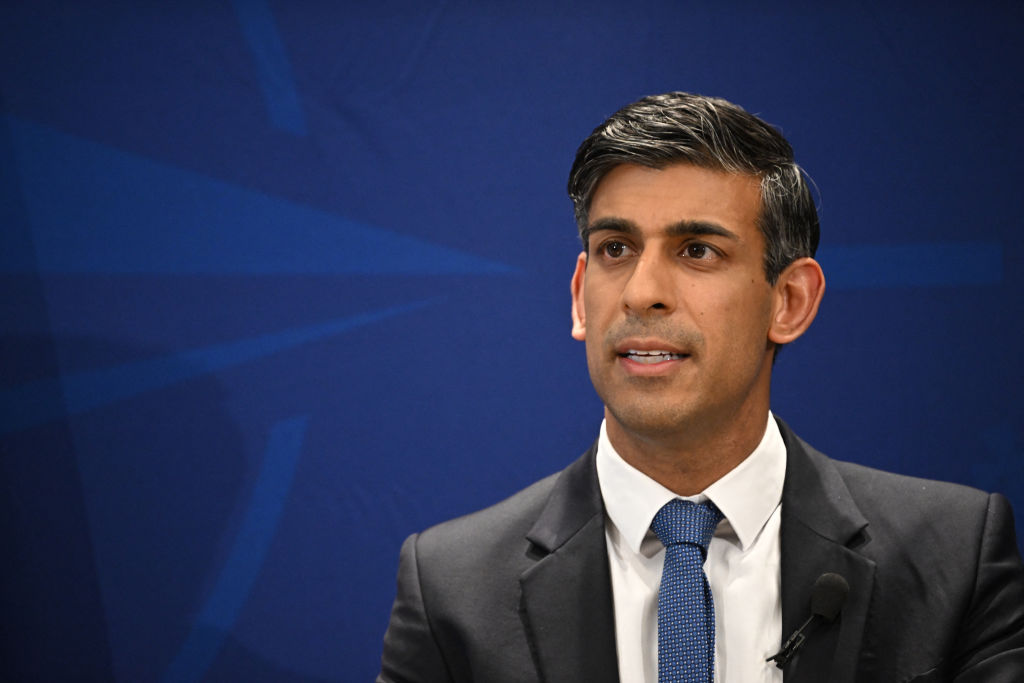The economy contracted by 0.1 per cent in May – down by 0.4 per cent compared to May 2022. But this dip is largely being attributed to the extra bank holiday for the King’s Coronation. This morning’s update from the Office for National Statistics shows some changes in behaviour due to this one-off occasion, including a fall in production of 0.6 per cent (the biggest contributor to the overall dip in GDP) but a 1.8 rise in arts, entertainment and recreation.
Other events can be spotted in the data. Health and social work activities saw the biggest bounce back from April – a rise of 1.1 per cent – as the junior doctors strikes didn’t take place in May. Capital Economics points out this morning that May saw roughly half the number of working days lost to strikes compared to April, which would suggest that without the extra bank holiday (and suspended activities around it), monthly GDP would have probably ticked upwards, looking similar, perhaps, to April’s rise of 0.2 per cent.
But the problem isn’t one set of monthly data, skewed by a one-off event. Rather, it’s the trend of virtually no growth. The ONS reports there was no overall economic growth in the three months to May, compared with the three months to February this year. While production and construction grew slightly in those three months to May – 0.4 per cent and 0.2 per cent respectively – services had no growth in that time, which signals that those industries are likely still struggling with the extensive labour shortage in Britain. It’s also potentially an indicator that interest rate hikes are starting to be felt, as consumers start to shift their behaviour.
We’ll get a much better idea of the situation as monthly GDP data rolls in over the summer. This data will reflect rising mortgage rates, rising core inflation over the spring and further strike action. While the UK still remains some distance from recession territory (which will require two consecutive quarters of negative growth), none of this is good news for a government that made one of its five major pledges to ‘grow the economy’. It seems increasingly likely that if that pledge is met this year, it will be based on a technicality, rather than on a meaningful boost to GDP that the public can really feel.
But the politics of growth remains tricky business. The government is comfortable announcing fairly non-controversial policies to try to give the economy a boost in the medium term – like Jeremy Hunt’s pension proposals in his Mansion House speech earlier this week. But the game-changing stuff, like planning reforms, are too contentious in the Tory party right now to make meaningful change. As a result, the government is relying on businesses to keep churning out economic gains, despite a difficult inflationary environment, a higher tax burden, and very little being done to liberalise their operations. It’s a tentative situation at best, which can’t last forever.







Comments